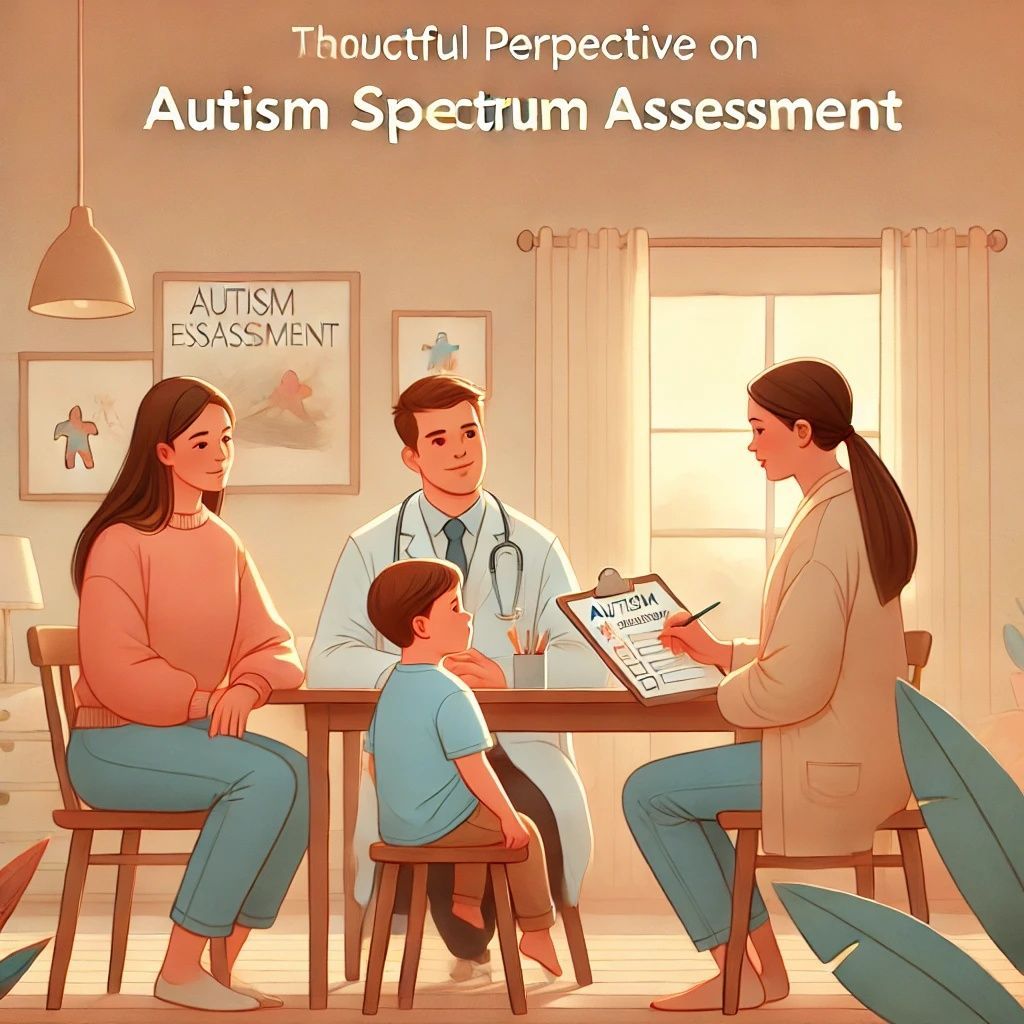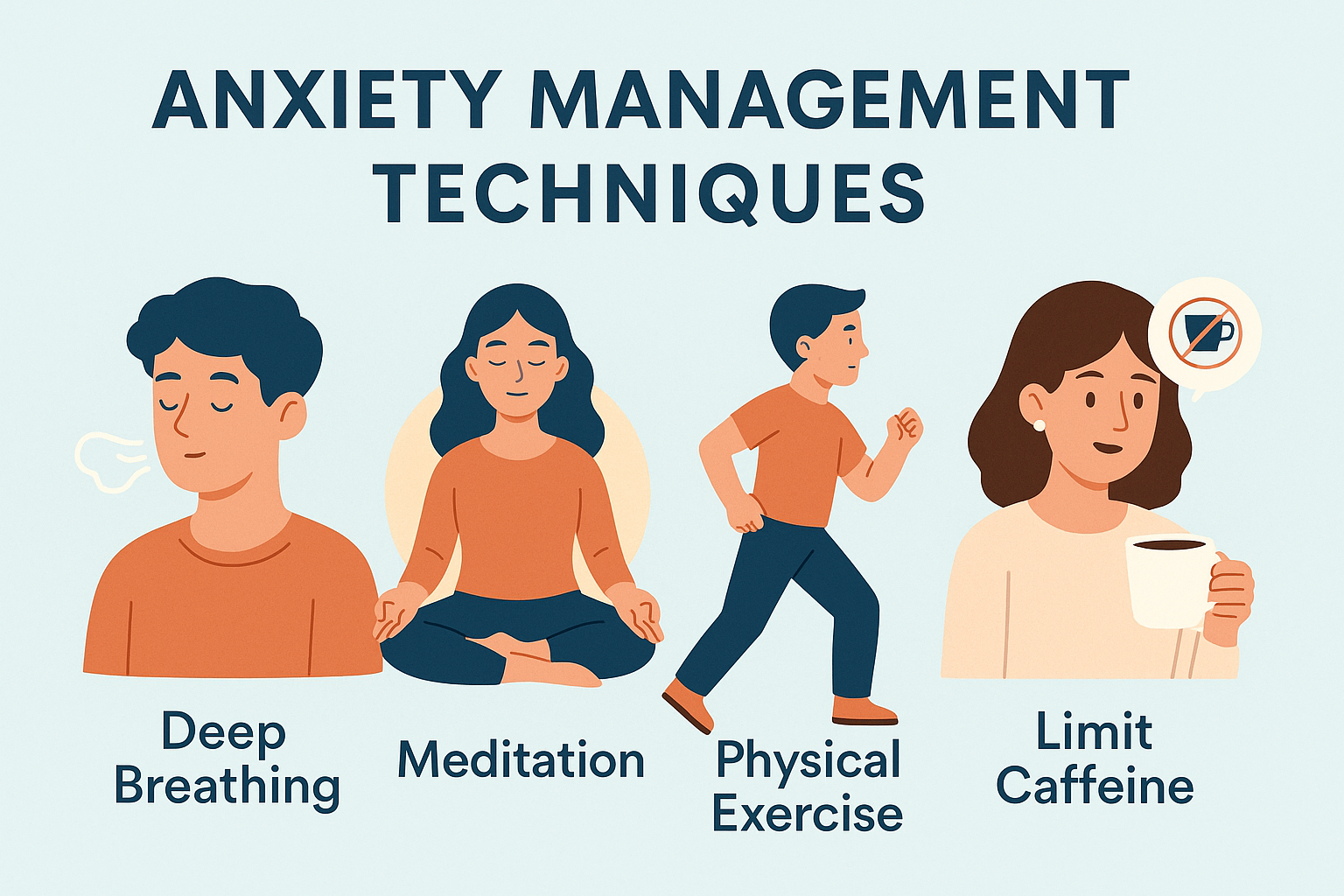
Understanding Autism Spectrum Assessment & Diagnosis
Starting the journey of understanding the autism spectrum can feel overwhelming for parents.
How can you tell if your child might need an autism spectrum assessment? What are the steps involved? We're here to help you every step of the way.
Early diagnosis is crucial and can significantly impact your child's development.
We'll assist you in identifying the signs of autism, preparing for the evaluation, understanding the results, and finding the necessary resources for support afterward.
What is an Autism Spectrum Assessment?
An autism spectrum assessment is a comprehensive evaluation process used to determine if a child has autism spectrum disorder (ASD).
It involves various screening tools and detailed evaluations by healthcare professionals. The goal is to understand a child’s developmental and behavioral patterns to provide an accurate autism diagnosis.
This assessment is critical for early intervention, which can significantly improve outcomes for children with autism.
Why Early Assessment is Crucial
Early assessment is crucial for children suspected to be on the autism spectrum.
Our experts believe early intervention can improve developmental outcomes, including improved social skills, communication abilities, and adaptive behavior.
Academic studies show that children receiving early intervention services can make significant progress, emphasizing the importance of timely autism spectrum assessment.
The Steps Involved in an Autism Spectrum Assessment
The autism spectrum assessment process typically involves several steps:
●
Initial Screening: Observing the child and discussing developmental concerns with parents. Tools like the Modified Checklist for Autism in Toddlers (M-CHAT) may be used.
●
Comprehensive Evaluation: A multidisciplinary team, including psychologists, speech therapists, and pediatricians, conducts detailed assessments. They use standardized tests to evaluate social interaction, communication, and behavior.
●
Diagnostic Interview: Parents provide detailed information about their child’s developmental history and behavior.
●
Observation and Interaction: Professionals observe the child in different settings to assess social and communication skills.
● Feedback and Diagnosis: The team discusses the findings with parents and provides a diagnosis if the criteria for ASD are met.
Common Signs that Prompt an Autism Spectrum Assessment
Recognizing early signs of autism is crucial for prompt assessment. Common indicators include delayed speech and language skills, lack of eye contact or facial expressions, and limited social interactions or interest in peers.
These early signs can guide parents toward early intervention and support.
Additional signs include repetitive behaviors or restricted interests, difficulty understanding social cues, and unusual sensory sensitivities.
Being aware of these behaviors can help parents seek timely resources and interventions, leading to better outcomes for their children.
How to Prepare Your Child for an Autism Spectrum Assessment
Preparing your child for an autism spectrum assessment can help ease anxiety and ensure a smoother process:
●
Explain the Process: Use simple language to explain what will happen during the assessment.
●
Visit the Clinic: If possible, visit the assessment location beforehand to familiarize your child with the environment.
●
Practice Calm Activities: Engage in calming activities before the assessment to reduce anxiety.
●
Bring Comfort Items: Allow your child to bring a favorite toy or blanket for comfort.
● Prepare Questions: Write down any questions or concerns you have about your child’s development to discuss with the professionals.
Interpreting the Results of an Autism Spectrum Assessment
Understanding the results of an autism spectrum assessment can be challenging. Here’s how to interpret them:
●
Diagnostic Criteria: The results will indicate whether your child meets the criteria for an autism diagnosis based on standardized assessments.
●
Strengths and Challenges: The report will highlight your child’s strengths and areas of difficulty, helping to tailor interventions.
● Emotional Response: It’s normal to experience a range of emotions. Allow yourself time to process the information and seek support if needed.
Post-Assessment: Next Steps and Support
Receiving an autism diagnosis for your child can be a challenging experience, but taking proactive steps can make a significant difference in their development.
We're dedicated to offering the guidance and support you and your child need to manage this journey.
Remember, early intervention, based on a thorough assessment, can significantly enhance your child's developmental progress and overall well-being.
Contact us to learn more about an autism spectrum assessment.
If you need more information, here is a comprehensive list of FAQs.



